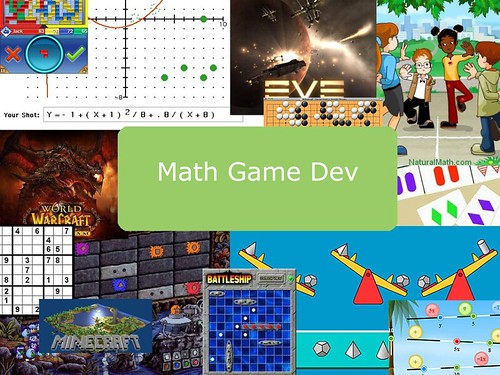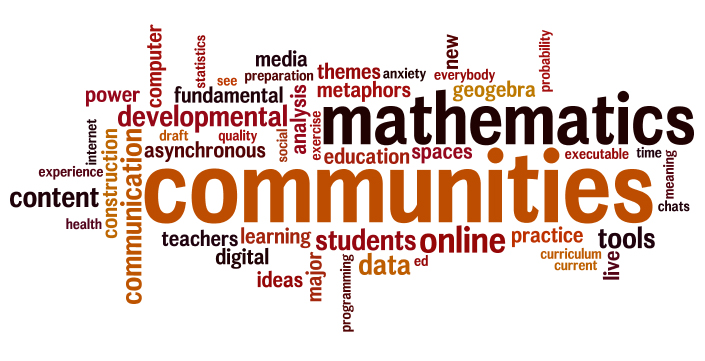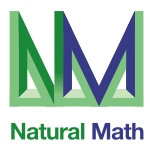- Home /

Presenter
Dmitri Droujkov

Chris Hazard

Chris Hazard is the founder of Hazardous Software and is a PhD candidate in the Computer Science Department at North Carolina State University. His research interests can broadly be described as the mathematics of computational strategy and dynamics of multiagent systems, which includes topics such as computational trust and reputation, game theory, mechanism design, and artificial intelligence. Previously, he worked for Motorola Inc. for 3 years designing and developing simulation software for CDMA infrastructure, directing global development teams. Mr. Hazard has also had experience at Kiva Systems, a warehousing robotics startup company, performing algorithms research. Mr. Hazard enjoys teaching, and has taught courses ranging from teaching game programming to gifted and talented high school students to teaching upper-level undergraduate E-commerce courses. He has won numerous academic and programming awards, including a best paper award in an international conference, University Outstanding Teaching Assistant Award at NCSU, the NCSU Dean's Fellowship, and Valparaiso University Board of Directors' Independent Research Award. He obtained his B.S. in Computer Science from Valparaiso University with departmental honors. His academic website can be found here: http://www4.ncsu.edu/~cjhazard/.
Maria Droujkova
 Maria Droujkova is founder and director of Natural Math. Her research interests include Early Algebra, Multiplicative Reasoning, and social media ("Math 2.0"). Maria organizes Math Clubs and other local math groups and events, and online networks. Maria's web site: http://www.naturalmath.com Twitter: @mariadroujkova
Maria Droujkova is founder and director of Natural Math. Her research interests include Early Algebra, Multiplicative Reasoning, and social media ("Math 2.0"). Maria organizes Math Clubs and other local math groups and events, and online networks. Maria's web site: http://www.naturalmath.com Twitter: @mariadroujkova
About the project
The game subgroup has been focusing on the subject of serious games for learning mathematics since the Fall of 2009. We are working on a conceptual framework for evaluating and designing math games. It is based on the series of decisions in design. Definitions of decisions come from game theory research and gaming studies. The gameplay consequences of each decision are analyzed based on existing games viewed through the lens of these definitions. The mathematics education consequences of each decision are then analyzed based on the pedagogy embodied in the gameplay, and viewed through the lens of learning theories. A series of parallels between gaming concepts and pedagogical notions helps mathematics educators make sense of game theory concepts, and apply these concepts to teaching. The resulting structure makes it clear that some types of math games are overused, and other promising types are rarely employed by mathematics education game developers. The decisions, as well as their mathematics and math education parallels, are made along these dimensions that provide dichotomies, gradients or levels:
- Abstraction dichotomy: narrative-based vs. abstract; situated vs. formalized
- Revelation gradient: full disclosure to hidden information; open-book to closed-book
- Strategic gradient: strategic to typed; problem-solving to exercises
- Resource levels: bounded rationality gameplay or not; level or stage learning theories
- Agency and autonomy gradient: high to none; open-ended to closed-ended tasks
- Planning levels: interactions, tasks, tactics, strategies; order of math tasks
- Depth gradient: expert to superficial knowledge; deep learning to expository learning
- Goal gradient: sandbox play to clear goals; conceptual learning to procedural fluency
Event
Follow this event
No one has followed this yet.

